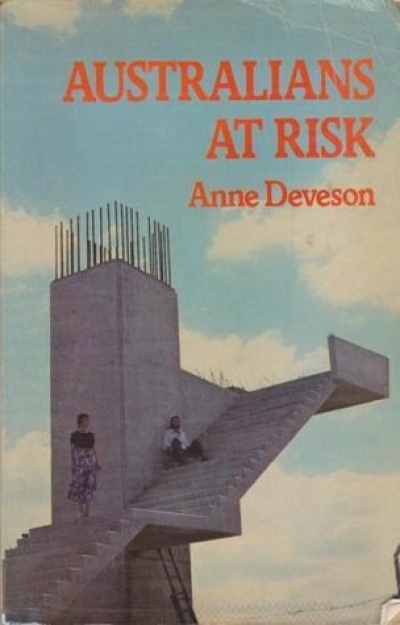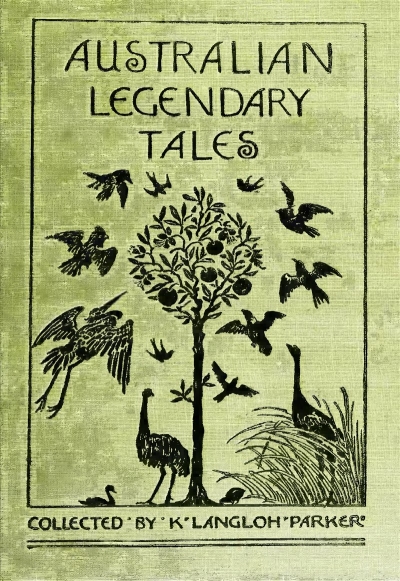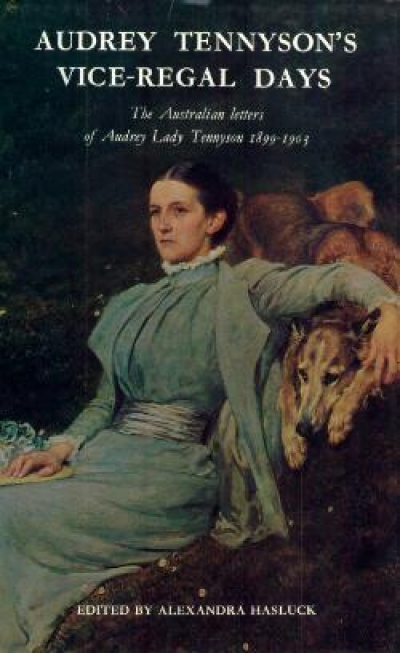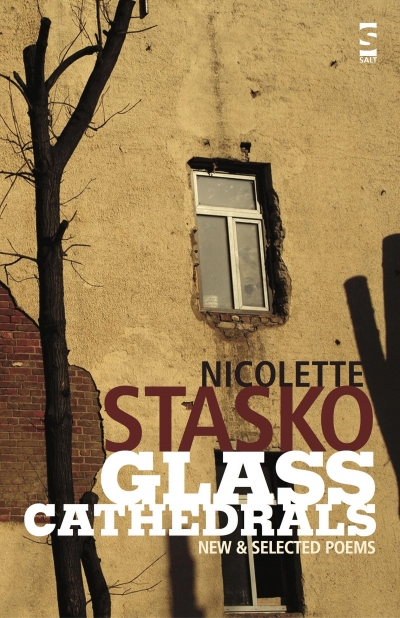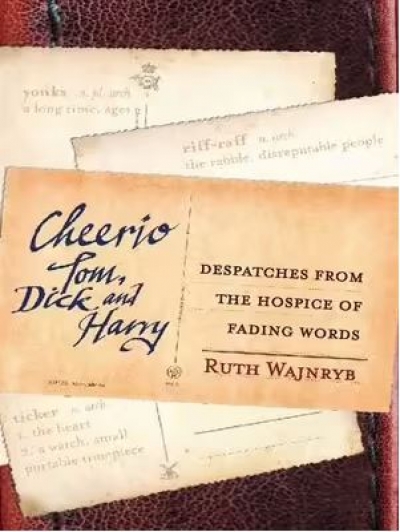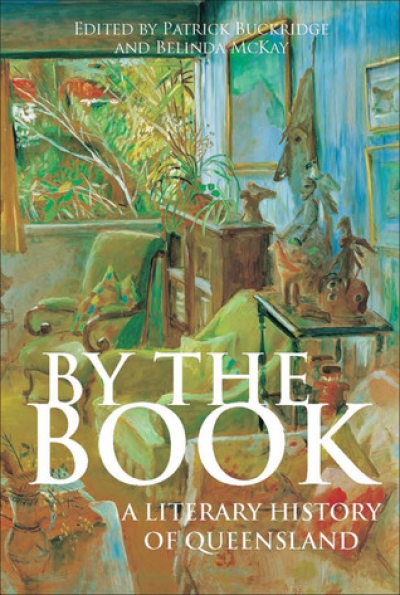Archive
Audrey Tennyson's Vice-Regal Days edited by Alexandra Hasluck
Apartheid in Shakespeare and other reflections by Sibnarayan Ray
Glass Cathedrals: New and selected poems by Nicolette Stasko
Cheerio Tom, Dick and Harry: Despatches from the hospice of fading words by Ruth Wajnryb
By the Book: A literary history of Queensland by Patrick Buckridge & Belinda McKay
Walt Whitman’s famous line ‘I sing the body electric’ could well serve as the epilogue to Etchings 2, whose dynamic offerings are gathered under the theme of connectivity and the generation of energy. indeed, being ‘wired’ has become a predominant feature of modern existence. This is obviously true of our relationship to the internet and of our addiction to instantaneous transactions and connections. Yet we are wired in other ways as well. To be wired is also to be anxious and edgy; it implies a disconnection, a nervous distance. The pieces showcased in Etchings 2 examine the multifariousness of this experience.
... (read more)Once neglected within the academy and relegated to the dustier recesses of public bookstores, biography has made a notable return over recent years, emerging, somewhat surprisingly, as a new cultural phenomenon, and a new academic adventure. In a move that’s perhaps indicative of this revival, the British bookseller Waterstones recently placed their biography section at the very front of their stores, renaming it boldly, LIFE. Biography has similarly taken prime position in our nightly television, with programmes such as Dynasties, Australian Story, Talking Heads and Enough Rope. It has bagged the front stalls in our cinemas, where the lives of Casanova and Kinsey, of Truman Capote and Elizabeth I, of Johnny Cash and Alexander the Great are played out on the big screen. In our public libraries, readers huddle over computer terminals, busily researching their family genealogies. The National Library of Australia is now constructing its new coordinated online resource for biographical researchers, the People’s Portal, and has recently launched its latest publishing venture, a series of titles devoted to (what else?) Australian Biography.
... (read more)History of Modern Design has developed from a course of the same name at Drexel University in Philadelphia. In keeping with its didactic origin, the subject is presented in chronological order, illustrated with more than 500 images, 125 of which are reproduced in colour. The book is ambitiously broad in its coverage, commencing with the seventeenth century and ending in the twenty-first, focusing on design from Europe and North America, and ranging through furniture, interiors, metalwork, ceramics, graphic design, typography, and product design. A good two-thirds of the book is devoted to the twentieth century, which is presented in context from the preceding historical surveys. While the focus is on design for mass production and industrial processes, the crafts are not entirely neglected. An extensive bibliography on design, coupled with helpful reading lists, will prove popular in this useful introduction to the complex and wide-ranging subject of design. (CM)
... (read more)
